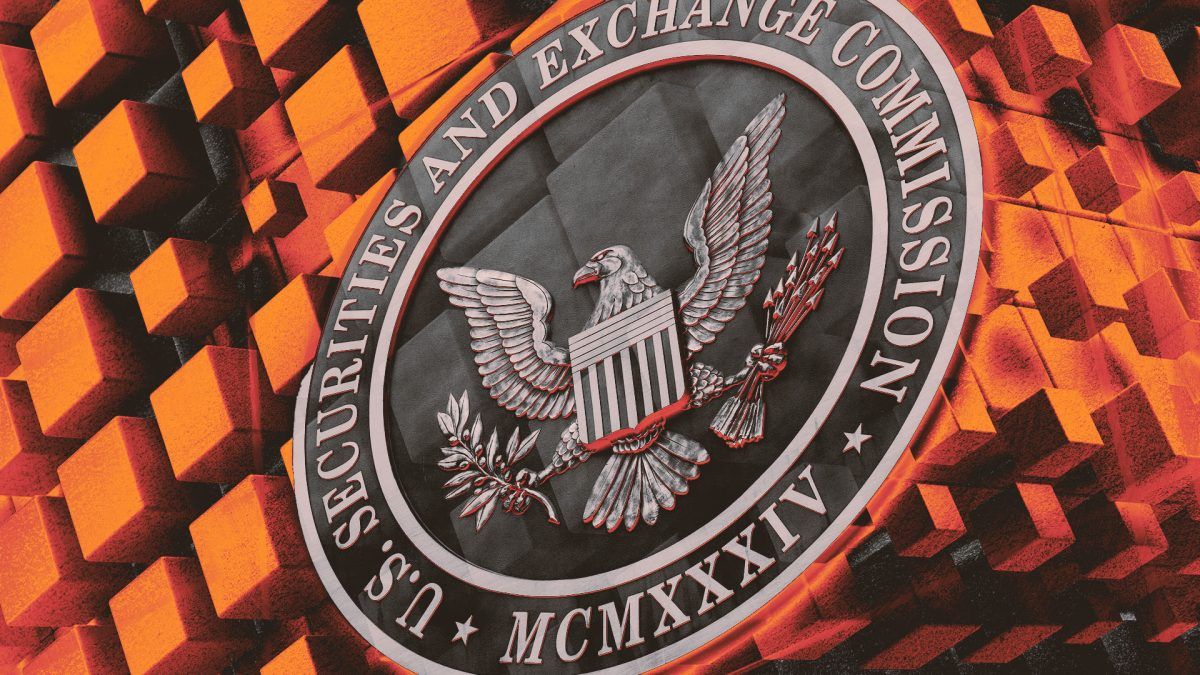US federal shutdown stalls crypto progress as SEC goes dark, TD Cowen warns

The government shutdown in the United States is bad news for crypto, as federal agencies like the Securities and Exchange Commission are put on pause, investment bank TD Cowen said in a note on Monday.
Last week, the government shut down after Congress failed to reach a deal on funding, furloughing government employees and significantly limiting what federal agencies can do. The shutdown could last a few weeks or longer. That puts efforts such as the SEC's focused on exemptive relief for crypto on areas including tokenization on ice, said TD Cowen's Washington Research Group, led by Jaret Seiberg, in Monday's note.
"We do not see a scenario in which the SEC is able to resume work on policy changes important to the crypto sector until there is a deal to fund the government," Seiberg wrote.
Since the beginning of the Trump administration in January, the SEC has been weighing exploring exemptive relief for new crypto products as well as similar relief for digital asset companies that offer tokenized equities. Now with the shutdown, there is no progress on that relief or other crypto-related changes, Seiberg said.
"This is not just about a delay equal to the number of days that the government is shut down," Seiberg said. "It also is about the delay that will come once staff returns to the office and seeks to pick up where it left off. They also will have to deal with any pressing issues that they were unable to address during the shutdown."
The SEC is currently working under an operations plan whereby it has an "extremely limited number of staff members available to respond to emergency situations," according to that guidance . The SEC has also been at a standstill on moving forward with crypto exchange-traded funds, many of which were primed to get the agency's sign-off imminently.
With the SEC being "effectively closed," crypto policy will turn to the Federal Reserve, Office of the Comptroller of the Currency, and the Federal Deposit Insurance Corporation, which can stay open during shutdowns, Seiberg said.
"We will be watching what is done with the ability of banks to issue stable coins to serve as custodians for crypto assets and to roll out payment systems that rely on tokenization," Seiberg said.